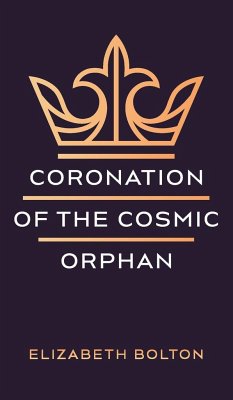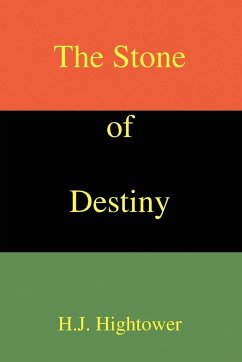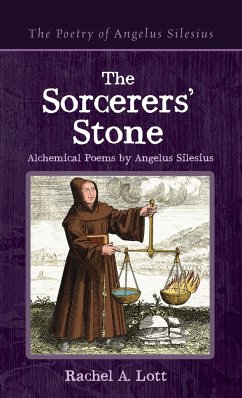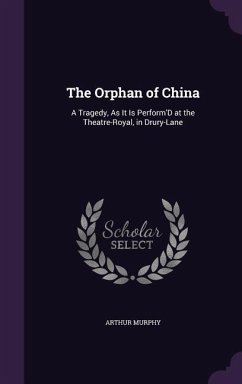
The Orphan Stone
The Minnesinger Dream of Reich
Versandkostenfrei!
Versandfertig in 1-2 Wochen
89,99 €
inkl. MwSt.

PAYBACK Punkte
45 °P sammeln!
Americans have long viewed the Middle Ages with an emphasis on Chaucer and the French and Latin traditions. As a result, the later developments of European literature and history often take us by surprise. From our perspective, the Reformation, the birth of capitalism, and the new humanism appear as if from nowhere. The part missing is the history and literature of the German Middle Ages. While German and French publications in this field are common, the world of the German Middle Ages has not been addressed in English for many years. Filling the gap for non-German speakers, The Orphan Stone b...
Americans have long viewed the Middle Ages with an emphasis on Chaucer and the French and Latin traditions. As a result, the later developments of European literature and history often take us by surprise. From our perspective, the Reformation, the birth of capitalism, and the new humanism appear as if from nowhere. The part missing is the history and literature of the German Middle Ages. While German and French publications in this field are common, the world of the German Middle Ages has not been addressed in English for many years. Filling the gap for non-German speakers, The Orphan Stone blends history and literature in a strong narrative line to portray the critical years of the medieval Reich through the eyes of the poets of the holy Roman Empire--the Minnesinger. Modelled after the French Troubadours, the Minnesinger created brilliant lyrics and narratives that are the foundation of much of German literature and thought. Familiarity with their work and the historical context in which they operated is essential to fully understanding the culture of Freud, Wagner, Mann, Rilke, and writers as diverse as Musil and Kundera. Even the Nazis borrowed symbolism and pageantry from the Minnesinger in their distortions of history. In The Orphan Stone, the Minnesinger come alive as individuals and shake us with their sophistication about men and women in love, and with their ethical sense and human understanding. Two in particular, Walther von der Vogelweide and Gottfried von Strassburg, are acknowledged, along with Goethe, as the finest poetic talents in the German language. The Minnesinger created Tristan, Parzival, the Nibelungs, Kriemhild, and Poor Henry. They also endowed a jewel in the imperial crown, the Orphan Stone of history, with symbolic powers to elevate and ennoble all people on whom it shined. Along with this fable, The Orphan Stone contains many of our most cherished stories and universal myths which were dreamed by the Minnesinger of the medieval Reich.














